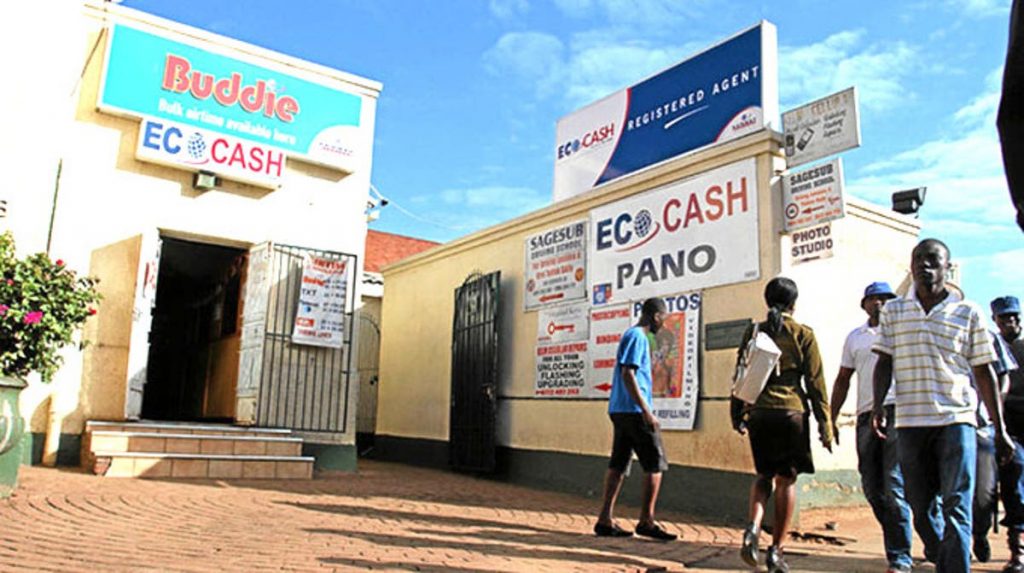Zimbabwe is cracking down on social media and mobile money platforms in a bid to salvage the country’s depreciating currency value. The government blames the ‘illegal currency dealers’ for the low value of Zimdollar, the country’s currency.
The Zimbabwean dollar has been in a free-fall against the US dollar despite notching up some stability in previous months. The governor of Zimbabwe’s Central Bank, John Mangudya in a statement Tuesday (Sept. 21) said that certain individuals were “abusing mobile telecommunications services and other social media platforms to promote and facilitate illegal foreign currency transactions.”
To curb the actions of these individuals, The Reserve Bank of Zimbabwe has now blacklisted about 30 individuals for “illegal” foreign currency dealings and alleged money laundering transactions.
It has also ordered banks to identify and freeze all accounts operated by these individuals for a period of two years. They came to this action after scanning social media platforms such as WhatsApp groups promoting the dealings.
This is not a new occurrence in the country’s fiscal policies. In 2020, the Reserve Bank of Zimbabwe (RBZ) announced a permanent ban of mobile money agents in the country in an effort to curtail unlawful trading of foreign currency as part of its new monetary policy measures.


Zimbabwe’s central bank has already barred banks from processing cryptocurrency transactions despite the popularity of bitcoin and other virtual currencies for use cases such as remittances, trade, and humanitarian disbursements.
The US dollar has become a preferred currency for many Zimbabweans who lack confidence in the local one. The official exchange rate, of the Zimbabwe Dollar (ZW) on the central bank’s weekly auction, is 1:86 to the US Dollar (USD). But on the black market, one USD sells for ZW$168.
Most businesses prefer payment in US dollars but allow customers an option to pay with local dollars but at rates higher than the official exchange rate. The surge in the parallel market rates often leads to price hikes of basic commodities in the country.
However, Zimbabwe has left bureau de changes functional despite foreign currency challenges, unlike Nigeria which has banned Bureau De Change services from selling foreign currencies due to forex shortages.
According to the Nigerian central bank the step was necessary because some bureaus de change have become “greedy” chasing higher profits and their demand for foreign currency is bringing pressure to bear on the naira and the nation’s reserves. But two weeks after the order, the Naira-dollar rate is still high.
For Zimbabwe, mobile money remains important for Zimbabwe’s economy which faces cash shortages at the banks, resulting in daily and weekly cash withdrawal limits, with Zimbabweans forced to exchange their Zimdollars to US Dollars before making key payments.
Whether this new order will make a difference remains to be seen as it is not the first time the government is clamping down on currency dealers. Each time, it has resulted in inflation and panic buying of Dollars.






